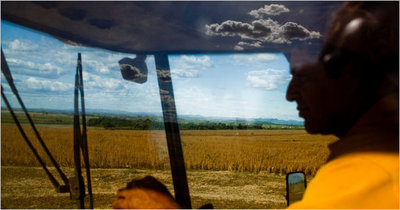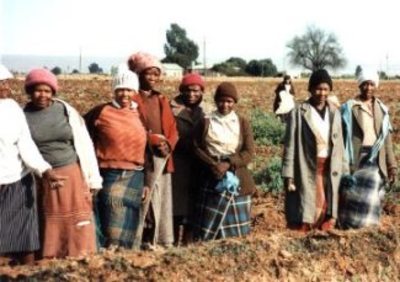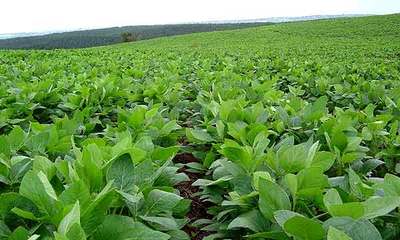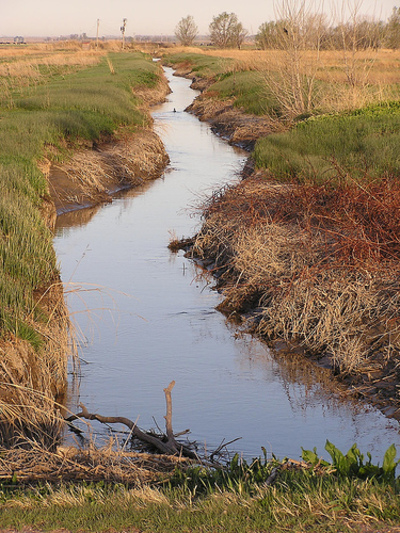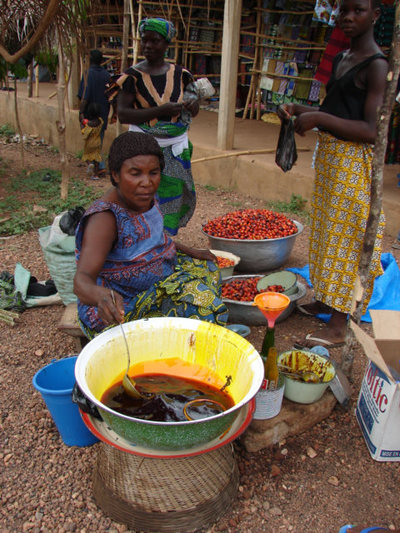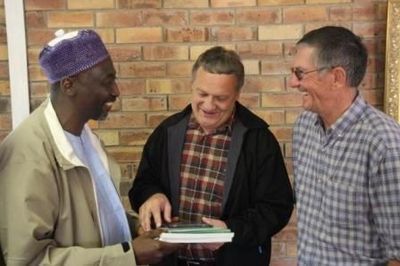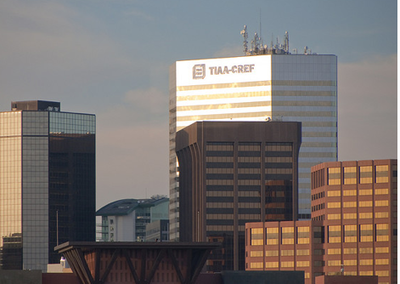China’s interest in farmland makes Brazil uneasy
- New York Times
- 26 May 2011
“They are moving in,” said Carlo Lovatelli, president of the Brazilian Association of Vegetable Oil Industries. “They are looking for land, looking for reliable partners. But what they would like to do is run the show alone.”




